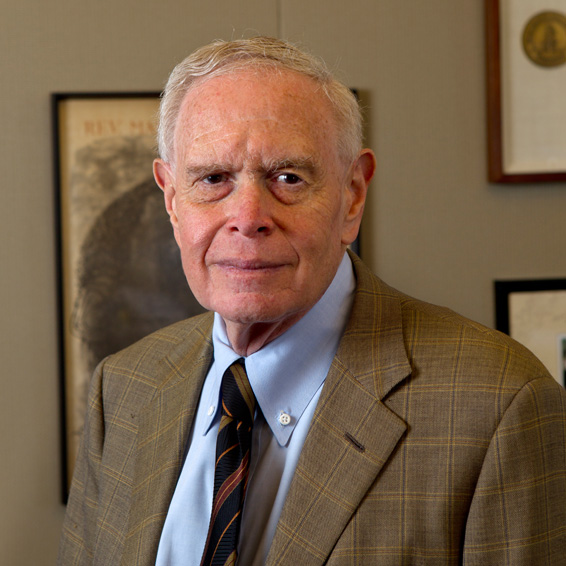Systems Design for Law and Policy (LAW 808B)
Virtually every public policy has causes and consequences beyond those that are immediately visible or intended. This is true of criminal law policies that use algorithmic predictions of flight before trial; environmental policies involving greenhouse gas emissions and conventional pollutants; and social and health policies that address homelessness, institutional racism, and the distribution of Covid vaccines, to name just a few examples. The causes of the problems that these policies seek to address are complex. Social and environmental policies often fail and sometimes have unintended adverse consequences.
“Systems thinking” is a framework that describes the web of associations in which such policies reside, with the goals of understanding the multiple causes of problems and designing policies that lead to stable, positive changes. Systems thinking and how to engage in systems change are core skills for policy makers.
The goal of this Policy Lab is to create an online course that illustrates the main concepts of systems thinking (including stocks and flows, balancing and reinforcing loops, and systems archetypes) and systems change using real-world case studies. In the process, students in the Policy Lab will themselves acquire an understanding of these concepts and learn how to use the web-based systems mapping tool, Kumu.
While there are no prerequisites for enrollment in the Policy Lab, students, whether or not in the Law School, with knowledge or strong interests in legal, environmental, social, and health policies are welcomed.

